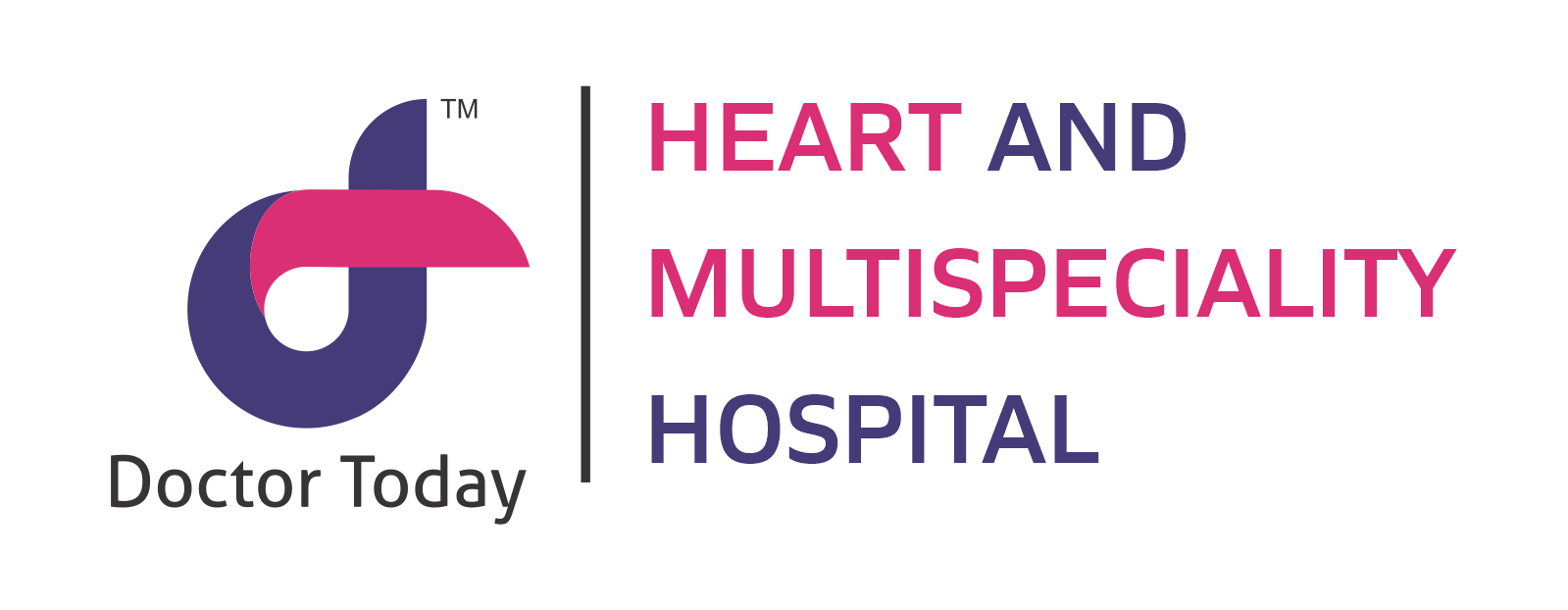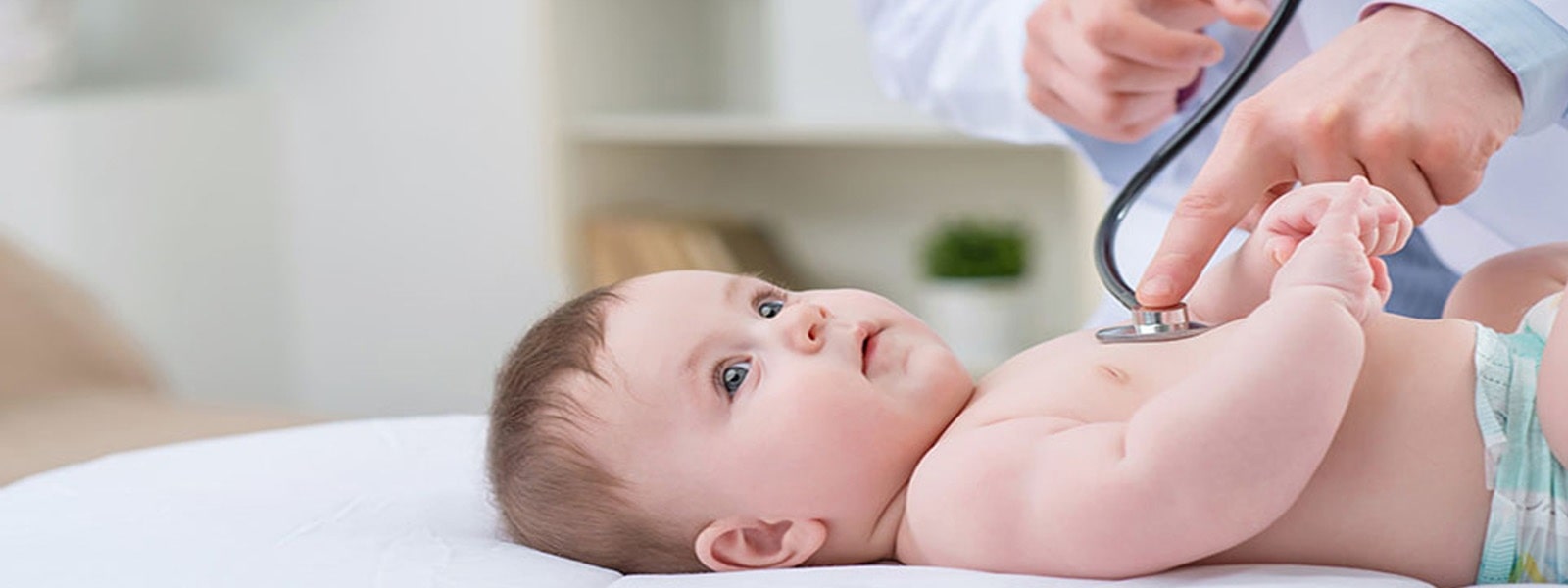Paediatrics
Our experienced team of Paediatricians caters to the Medical and Surgical Needs of Newborns, Toddlers, Teenagers and Adolescents. Our team of Doctors are efficient to Manage Emergencies and Intensive Care needs among Children.
Standards of Treatment
We provide standard treatment and latest medical technology with best facility in our clinic.
Standards of Treatment
We provide standard treatment and latest medical technology with best facility in our clinic.
Standards of Treatment
We provide standard treatment and latest medical technology with best facility in our clinic.
Standards of Treatment
We provide standard treatment and latest medical technology with best facility in our clinic.
Medical laboratory and specialists services
Lorem ipsum dolor sit amet consectetur adipiscing elit sed do eiusmod tempor incididunt.
- Routine and medical care
- Excellence in Healthcare every
- Building a healthy environment.
- Routine and medical care
- Excellence in Healthcare every

Paediatrics - FAQ's
What does a Paediatrician do?
What do Paediatricians treat?
A Paediatrician is a doctor who oversees the health of a child; this is inclusive of physical and mental well being. They’re trained to diagnose any illness that your child may have, from minor diseases to serious ones. They will perform checkups by doing physical exams, giving the necessary child vaccinations, making sure the child meets the milestones in behaviour, growth, and skills, diagnosing and treating any infections your child may catch, and answering any questions you may have about your child’s health, safety and nutrition.
What procedures do Paediatricians perform?
Paediatricians perform various medical procedures that aim to reduce infant and child mortality rates, promote a healthy lifestyle, control the spread of infectious diseases, and also help children manage chronic illnesses. They treat various issues that stem from injuries, infection, genetic conditions, cancer, and organ dysfunctions. Paediatricians are also involved in managing the child’s quality of life and long-term survival. This also includes diagnosing mental illnesses like social stress, depression, and anxiety.
Paediatrics consists of various sub-specialities like:
- Paediatric cardiology
- Critical medicine
- Gastroenterology
- Nephrology
- Neonatal medicine
When should I pick a Paediatrician for my newborn?
The smart time to pick a Paediatrician for your baby is before it’s born; this means you need to start scoping out doctors during your pregnancy period, preferably, during the 28-week or 34-week period. It’s important that you meet a doctor who you respect and get along with because you will be overwhelmed with the duties that come with a newborn, and the additional stress of finding a doctor will aggravate it. Babies who have the same doctor for the first six months are more likely to receive important health tests before they turn two, this is useful because your doctor will know the immunization dates and the baby will be comfortable with them as well.
What questions should I ask a new Paediatrician?
If you plan ahead and visit your Paediatrician, then you will have a productive appointment. This will include going in with the right set of questions that will help you take care of your child better. Some of the vital questions you can always ask them are:
- How much can I feed my newborn?
- How do I know that my baby is getting enough Vitamin D?
- If they can recommend a lactation consultant
- How to ensure that the baby is sleeping safely?
- Does my newborn have normal sleeping patterns?
- How to make the vaccine shots easier on the baby?
- How to care for the baby’s umbilical cord?
- The pros and cons of circumcision
- How should you bathe the baby?
What can I expect at my first Paediatrician appointment?
When you and the baby visit the Paediatrician for the first time, here are some of the checkups you can expect from your appointment:
- Neck and collarbone check- Checking if there are any fractures or injuries, this is more for infants and newborns.
- Head check- The doctor checks the growth of the head and ensures that the skull is developing at a normal rate
- Hip check- The doctor looks for any irregularities by rolling the hips. This allows them to identify if there is any hip displacement or malformation. If it’s caught early, it can be fixed.
- Reflex check- The doctor startles the baby, to check their involuntary responses and to see if they are developing normally.

